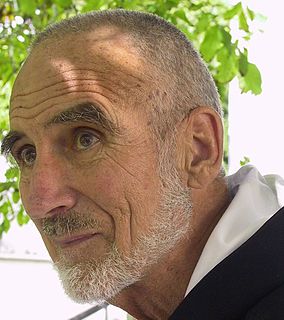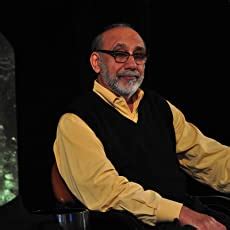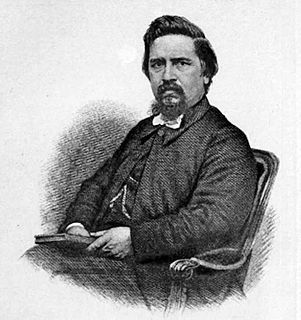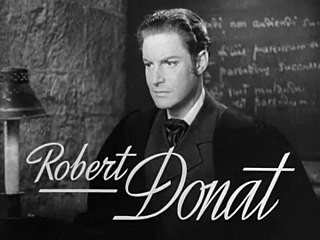A Quote by Ernest Holmes
Life is not just something to be endured. It is to be lived in joy, in a fullness without limit (p.82)
Related Quotes
Liam in Taken has been great to see. My boys love it. They love him. And there's just the gravitas to it. It's believable. You know the guy's endured. You know the guy's lived some life. Someone like Liam has lived a lot of life. Myself, I've lived a lot of life. There's loss. There's success. There's loss. There's doubts. And there's some heartbeat there.
When we look at a child, we see that sense of fullness, of intrinsic aliveness, of joy in being, is not the result of something else. There is value in just being oneself, it is not because of something one does or doesn't do. It is there in the beginning, when we are children, but slowly it gets lost.
Our greatest hope is for the experience of joy, and often we are not as smart as we think we are when it comes to predicting what would bring us that joy. . . Hope that is attached to a particular outcome is looking for pleasure but fishing for pain, because attachment itself is a source of pain. It is best to hope for an experience of life in all its fullness-a life that can embrace both joy and sorrow, and will still be at peace.
I was born in '72, and my dad was county judge of El Paso from '82 to '86. He was just as independent as he could be, and had an amazing joy in life and in being with people, which, from my perspective as a kid, was that he was always going to do the right thing, and damn the consequences - political or otherwise.







































